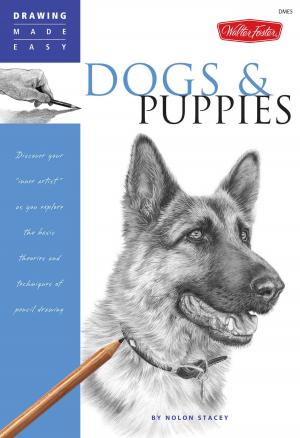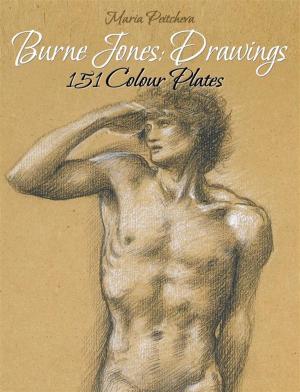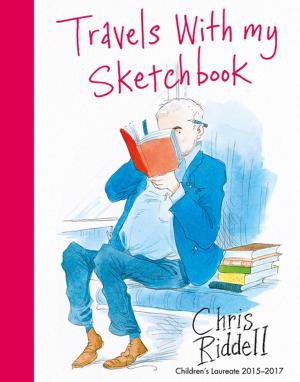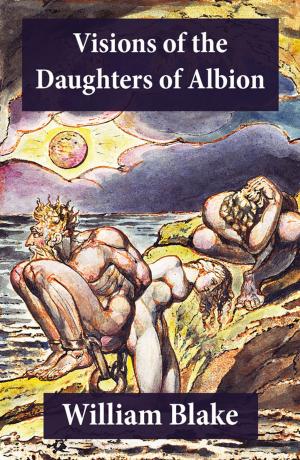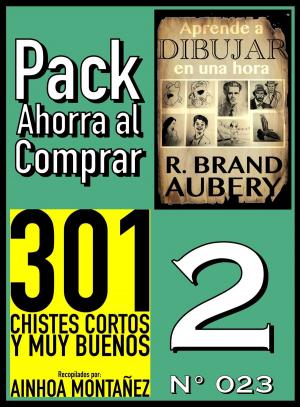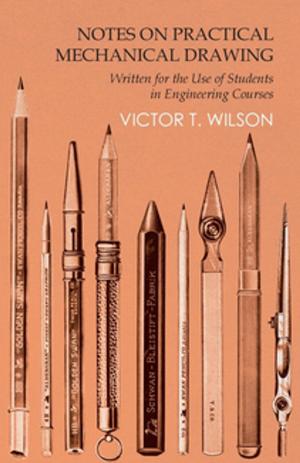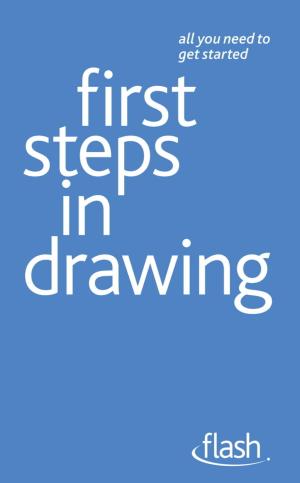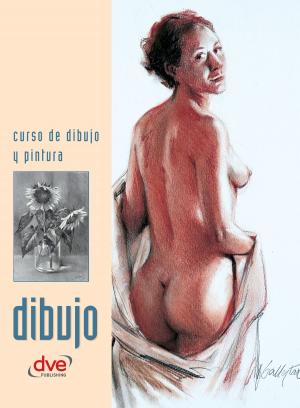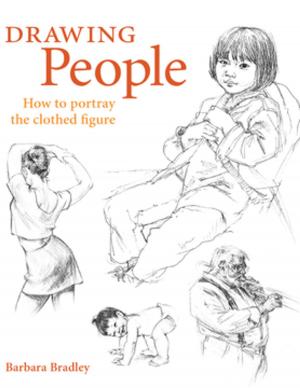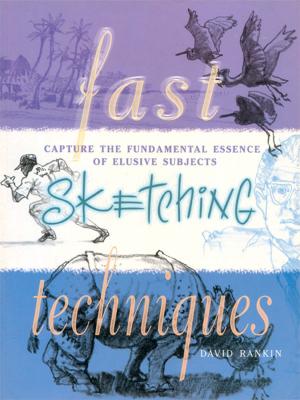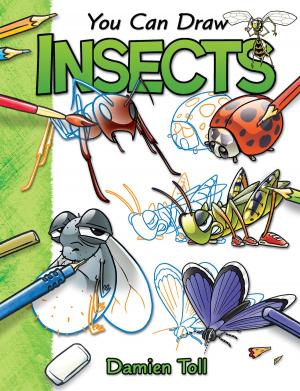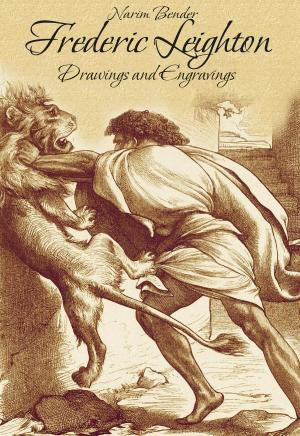Human Anatomy Made Amazingly Easy
Nonfiction, Art & Architecture, General Art, Art Technique, Drawing| Author: | Christopher Hart | ISBN: | 9780770434700 |
| Publisher: | Potter/Ten Speed/Harmony/Rodale | Publication: | August 7, 2013 |
| Imprint: | Watson-Guptill | Language: | English |
| Author: | Christopher Hart |
| ISBN: | 9780770434700 |
| Publisher: | Potter/Ten Speed/Harmony/Rodale |
| Publication: | August 7, 2013 |
| Imprint: | Watson-Guptill |
| Language: | English |
From head to toe, the human form, in all its complexities, is visually simplified to such a degree in this remarkable workbook that even complete beginners will soon be able to draw accurate, well-proportioned faces and figures every time they try.
Avoiding complex charts of muscles and bones that are more helpful to doctors than to artists, this book’s refreshing approach teaches anatomy from a cartoonist/illustrator’s point of view. For example, there are many large and small muscles in the neck, all rendered in great detail in most anatomy books, but here, master teacher Christopher Hart shows only the four that are visible and need to be drawn. His clear instruction helps readers to visualize and portray shifting body weight in a pose without the need of a model, and instead of showing a mass of facial muscles and bones, he translates them into the simple planes an artist needs to draw a range of expressive faces.
From head to toe, the human form, in all its complexities, is visually simplified to such a degree in this remarkable workbook that even complete beginners will soon be able to draw accurate, well-proportioned faces and figures every time they try.
Avoiding complex charts of muscles and bones that are more helpful to doctors than to artists, this book’s refreshing approach teaches anatomy from a cartoonist/illustrator’s point of view. For example, there are many large and small muscles in the neck, all rendered in great detail in most anatomy books, but here, master teacher Christopher Hart shows only the four that are visible and need to be drawn. His clear instruction helps readers to visualize and portray shifting body weight in a pose without the need of a model, and instead of showing a mass of facial muscles and bones, he translates them into the simple planes an artist needs to draw a range of expressive faces.

